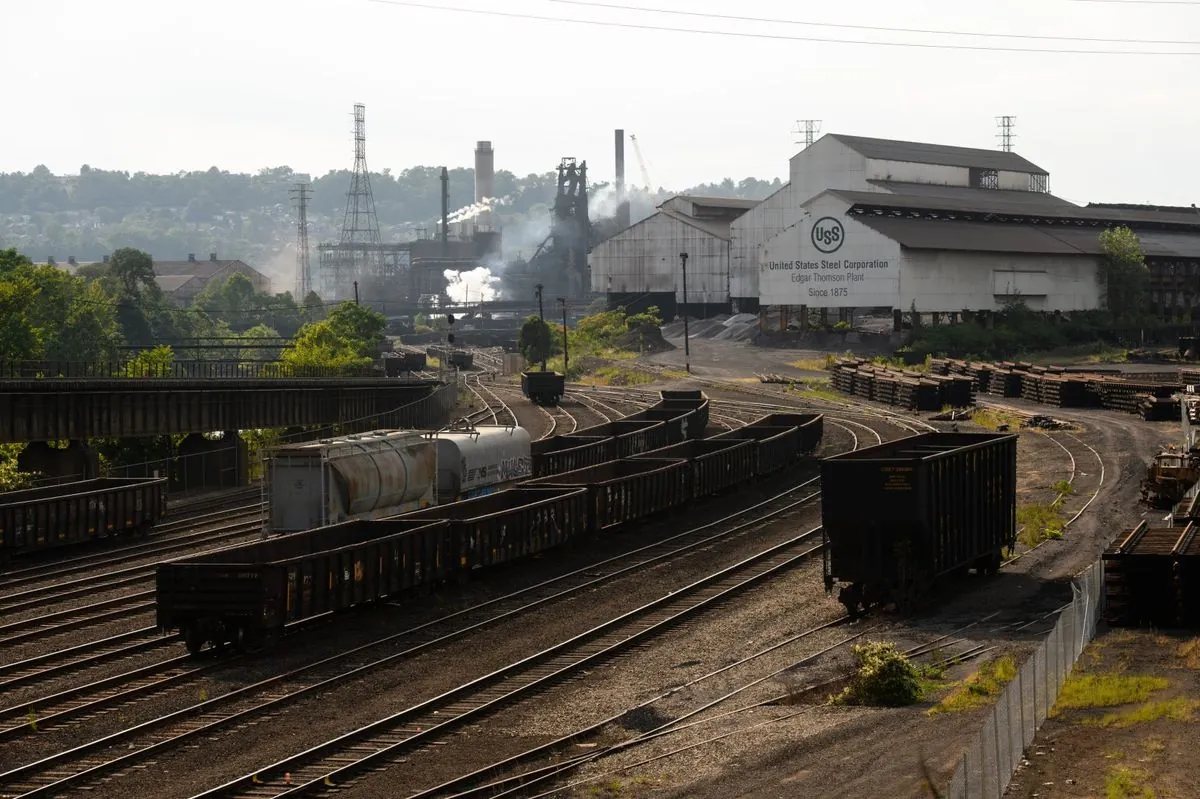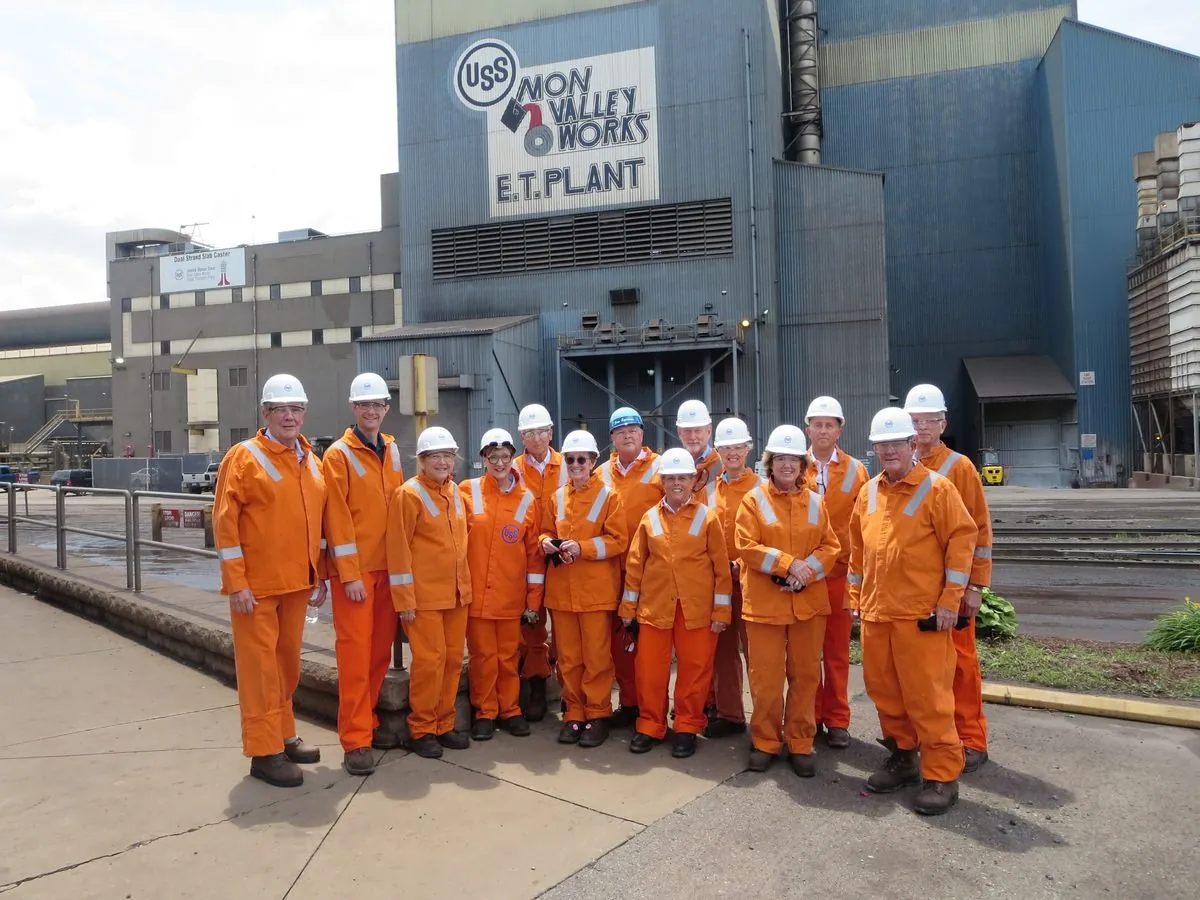White House Signals Potential Block of U.S. Steel-Nippon Steel Merger
The Biden administration is considering halting Nippon Steel's acquisition of U.S. Steel, citing national security concerns. The decision could impact thousands of jobs and the future of American steelmaking.

The White House is contemplating blocking the acquisition of U.S. Steel by Nippon Steel, as the government review of the proposed takeover nears completion. This development comes approximately 9 months after Nippon Steel announced the deal in December 2023, and about 5 months following U.S. Steel shareholders' approval in April 2024.
The Committee on Foreign Investment in the United States (CFIUS), established in 1975, is conducting the review, which primarily focuses on national security implications of foreign investments. The review is expected to conclude this month, with President Biden awaiting the official recommendation.
Biden has previously expressed reservations about the merger, aligning with the United Steelworkers union's opposition. The union, founded in 1942, represents a significant portion of U.S. Steel's workforce. The company's headquarters in Pennsylvania, a crucial swing state, adds political weight to the decision in this election year.

Both Vice President Kamala Harris and former President Donald Trump have voiced opposition to the deal, highlighting its bipartisan significance. The potential blocking of the merger has already impacted U.S. Steel's stock, which experienced a substantial decline of approximately 17%.
U.S. Steel, founded in 1901 by J.P. Morgan and Elbert Gary, argues that the acquisition is crucial for its future. The company claims that without the deal, it may need to reduce operations at its blast furnace facilities, potentially affecting thousands of union jobs and multiple communities.
"We fully expect to pursue all possible options under the law to ensure this transaction, which is best future for Pennsylvania, American steelmaking, and all of our stakeholders, closes."
Nippon Steel, the world's fourth-largest steel producer by volume, maintains that it is the "only willing and able" company to make an investment that would strengthen the entire U.S. steel sector. The Japanese company, formed in 1970, emphasizes that Japan is one of America's closest allies, suggesting that national security concerns may be unfounded.
The steel industry's significance extends beyond national borders, accounting for 7-9% of global CO2 emissions. As of 2023, global steel production reached approximately 1.9 billion tonnes, with the U.S. ranking as the world's fourth-largest producer after China, India, and Japan.
This potential blockage of the merger reflects broader concerns about preserving domestic manufacturing capabilities and job security in the U.S. steel industry. Once employing over 650,000 workers in the 1950s, the sector has since experienced significant changes, leading to the coining of the term "rust belt" to describe the industry's decline in the Midwest and Northeast.
As the White House deliberates on this crucial decision, the future of American steelmaking hangs in the balance, with implications reaching far beyond the boardrooms of U.S. Steel and Nippon Steel.


































